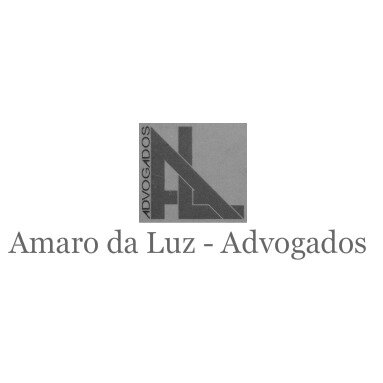Best Will & Testament Lawyers in Coimbra
Share your needs with us, get contacted by law firms.
Free. Takes 2 min.
List of the best lawyers in Coimbra, Portugal
About Will & Testament Law in Coimbra, Portugal
In Coimbra, as well as the rest of Portugal, Will & Testament Law is a part of the wider Civil Law. It covers rules and regulations related to one's property after their death. Portuguese law recognizes different forms of wills including public wills, closed wills, and international wills. It's crucial to note that Portugal's Succession Law may contradict with the laws of your home country, hence professional legal advice is necessary.
Why You May Need a Lawyer
While drafting a will, a lawyer can help avoid complex legal jargon, unrealistic terms, and errors that can make the will ineffective. Furthermore, having a lawyer assures compliance with Portugal’s succession law, considering its impact on the whole estate. Additionally, if you are an expatriate or a foreigner with assets in Portugal, a lawyer is vital to reconcile the discrepancies between Portuguese law and your home country's laws.
Local Laws Overview
According to Portuguese law, a portion of your assets, known as the 'reserved portion', automatically goes to your spouse and direct descendants, restricting complete freedom to distribute assets. Portugal applies forced heirship rules which mean a portion of your estate must go to certain family members. Moreover, Portuguese Law does not discriminate the succession rights based on the descendants’ age or origin of the relationship (biological or adopted children). Apart from wills, lifetime gifts or donation are other legal tools to manage your estate.
Frequently Asked Questions
1. What happens if I die without a will in Portugal?
If a person dies without a will, Portugal’s intestate succession law comes into play and your estate will be divided among heirs according to the law.
2. Can I disinherit my children under Portuguese law?
Portugal's law maintains a mandatory reserved portion for direct heirs (children), you cannot fully disinherit them.
3. Can I write my will in English?
Yes, you may write your will in English. However, it is highly recommended to have a certified Portuguese translation to avoid any misunderstandings.
4. Does Portuguese law recognize digital wills?
Current Portuguese legislation does not recognize digital wills. You need a traditional written will, certified by a lawyer or notary.
5. Is my foreign will valid in Portugal?
Portugal accepts the legitimacy of foreign wills but the Portuguese court may be involved to assure the compliance with forced heirship rules.
Additional Resources
You may find further information on the website of Portuguese Ministry of Justice, the Instituto dos Registos e Notariado, and your local Notary Office. The website of The Portuguese Bar Association also provides a list of relevant legal professionals.
Next Steps
If you need legal assistance in Will & Testament, start by contacting a local lawyer specializing in this field. Make sure to gather all necessary documents related to your property. If you live outside Portugal but have property here, keep in touch with your lawyer to ensure you are aware of any changes to Portuguese Succession Law.
Lawzana helps you find the best lawyers and law firms in Coimbra through a curated and pre-screened list of qualified legal professionals. Our platform offers rankings and detailed profiles of attorneys and law firms, allowing you to compare based on practice areas, including Will & Testament, experience, and client feedback.
Each profile includes a description of the firm's areas of practice, client reviews, team members and partners, year of establishment, spoken languages, office locations, contact information, social media presence, and any published articles or resources. Most firms on our platform speak English and are experienced in both local and international legal matters.
Get a quote from top-rated law firms in Coimbra, Portugal — quickly, securely, and without unnecessary hassle.
Disclaimer:
The information provided on this page is for general informational purposes only and does not constitute legal advice. While we strive to ensure the accuracy and relevance of the content, legal information may change over time, and interpretations of the law can vary. You should always consult with a qualified legal professional for advice specific to your situation.
We disclaim all liability for actions taken or not taken based on the content of this page. If you believe any information is incorrect or outdated, please contact us, and we will review and update it where appropriate.










